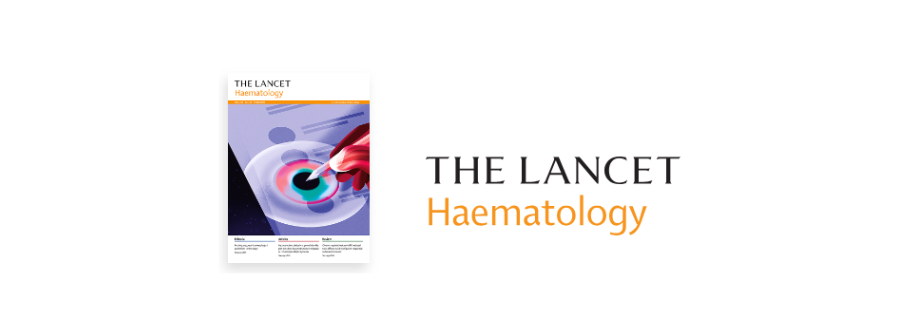
The EBMT is delighted to announce the publication in The Lancet Haematology of the position paper entitled “Germline predisposition traits in allogeneic hematopoietic stem cell transplantation for myelodysplastic syndromes: a survey-based study and position paper based on an international expert panel on behalf of the Chronic Malignancies Working Party of the EBMT”
Inherited genetic traits are mostly suspected and identified in pediatric patients with bone marrow failure (BMF) syndromes, myeloid neoplasia (MN) and particularly myelodysplastic syndromes/neoplasms (MDS). Conversely, BMF and MDS diagnosed in adults have been historically assumed not to be driven by deleterious germline (GL) variants, except in cases presenting at a young age or with a strong family history. The recent application of techniques able to screen the whole exome/genome unveiled GL variants in several myeloid disorders, emphasizing how also adults may carry such predisposing traits. The precise estimation of the etiologic fraction of hereditary gene alterations in the pathogenesis of MDS in adults is hampered by difficulties deriving from differences in disease latency and phenotypes, reduced penetrance, and heterogeneous application of genetic testing, absent or incomplete family history and issues of competing mortality. In the last decade, many questions have been raised as to whom (age criterion), how (dedicated panels vs exomes sequencing) and what (which GL DNA source) to test. This issue has important clinical translation for clinical management of patients eligible for allogeneic hematopoietic stem cell transplant (HSCT): use of familiar donors, genetic counselling for relatives (e.g., DDX41), adoption of dedicated conditioning strategies etc.
To gather more insights into this issue, the CMWP created a survey aiming at the screenshot of the current European situation with regards of consideration of GL predisposition in allogeneic HSCT for MDS leveraging the EBMT network. Then, we disseminated the survey to a panel of experts chosen because of their world-renowned leadership in MDS, BMF, and GL predisposition to MN fields. Finally, the EBMT and the experts’ panel analyzed the results of the surveys, and established 'Points-To-Consider' to write recommendations for the management of such clinical circumstance. These delineate the required criteria to screen patients with MDS for GL traits, how to test, confirm and interpret such variants, genetic counselling, and differences in local policies and surveillance of donors/families with inherited traits. Finally, considerations are given on allo-HSCT management with regards to conditioning regimens, short and long-term follow-up and potential complication such as donor-derived leukemias.